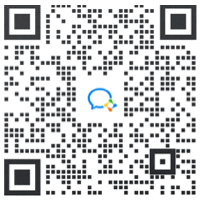Content
The data collected throughout the study contains assessments of participants' ability (with and without self-declared MS) to perform simple tasks on their smartphones with the aim of understanding the effects of MS on mood, cognition, hand-motor function, postural stability, and gait. The tasks are categorized into the following:
- Brain: Quick daily questions about how participants feel to understand their well-being and mood. Matching symbol tasks to assess the speed of processing information.
- Hand: Hand-motor function tasks designed by healthcare professionals to gather information on manual dexterity, strength, and precision over time.
- Mobility: Walking and posture tasks to track changes in your mobility, stability, speed, and balance over time.
- Passive monitoring: Collect data continuously in the background on how participants move throughout the day.
Related Publications
- FLOODLIGHT Open – A Global, Prospective, Open-Access Study to Better Understand Multiple Sclerosis Using Smartphone Technology
- Digital Health: Smartphone-based monitoring of multiple sclerosis using Floodlight
Acknowledgements
The data came from the Floodlight Open Study: https://floodlightopen.com, please reference and cite the original page and check there for more details on the acquisition, protocol, ethics approval, and updated data.
Inspiration
- Can you come up with a classifier for accurately differentiating the MS from the control patients?
- How does the time change for activity performance vary between MS and healthy patients?
- Can you predict the severity (speed and amount of deterioration) of MS from information about the patient (age, initial abilities, location)
看了又看
暂无推荐
验证报告
以下为卖家选择提供的数据验证报告:

Floodlight Open Dataset
18.8MB
申请报告




